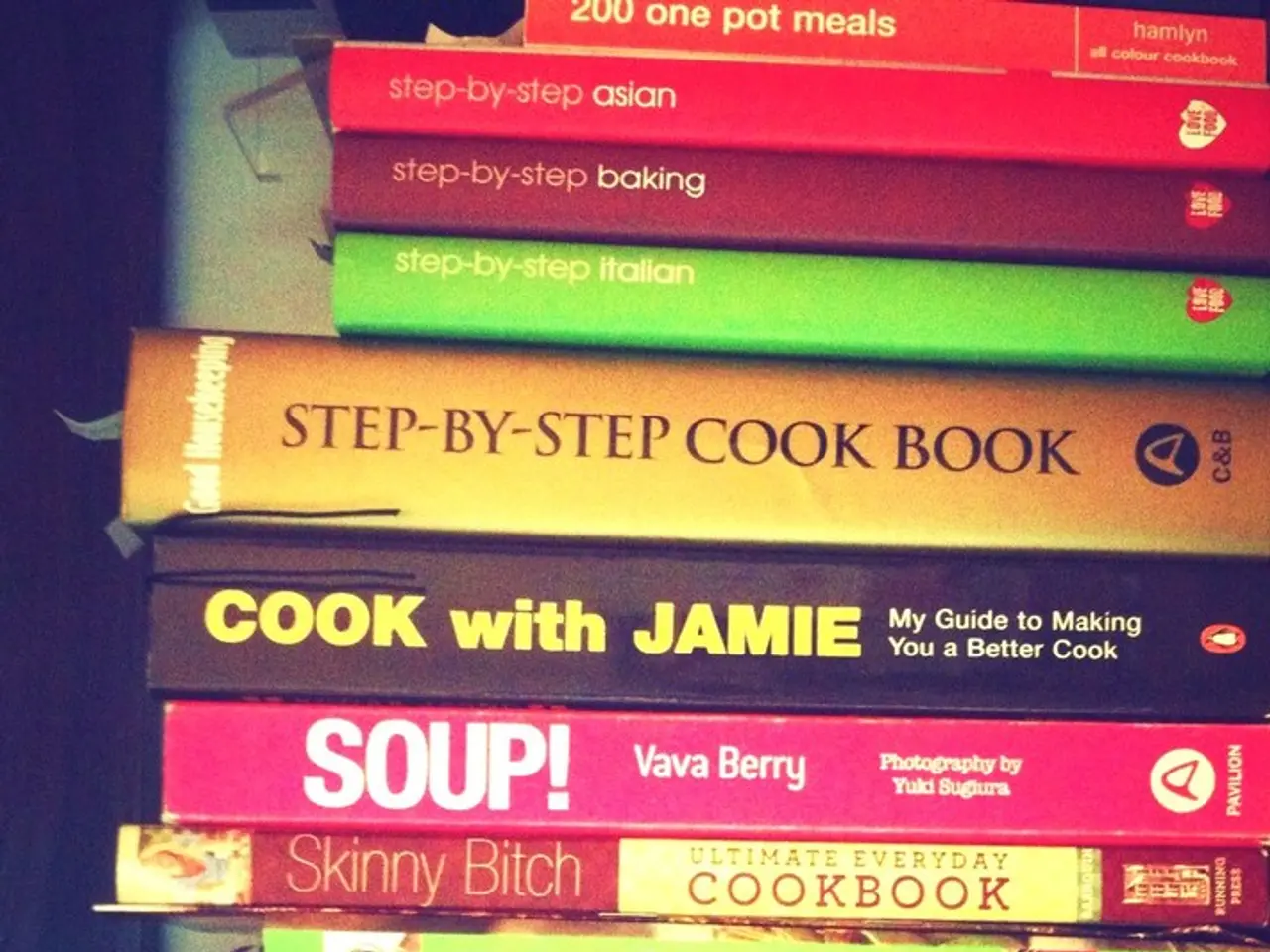Exploring the Concept of Dark Romance
Dark romance, a subgenre of romance fiction, has been gaining significant attention in both literature and popular culture. This genre, known for its morally ambiguous, often unhealthy or dangerous relationships, offers a unique exploration of love, obsession, and emotional intensity.
Characters in dark romance are typically layered, unpredictable, and intensely human, with a focus on transformation and vulnerability. They often carry past wounds like abuse, neglect, and betrayal, making them seek love in unconventional, sometimes destructive ways.
In popular culture, dark romance can be seen in films that explore themes of obsession, forbidden love, moral ambiguity, and psychological complexity often intertwined with supernatural or thriller elements. For instance, "Cruel Intentions" (1999), a cult classic, involves manipulative games and taboo attraction among wealthy step-siblings, while "Let the Right One In" (2008) depicts a forbidden and unsettling romance between a human boy and a vampiric girl.
In literature, dark romance novels often feature intense emotional stakes and complex relationships. For example, forthcoming historical novels and mystery-infused stories hint at obsessive or morally fraught relationships. Popular trends in contemporary romance literature that overlap with dark romance themes include MM shifter romances, such as "Claimed by the Wolf" by Lyndon Land, which suggest themes of power, vulnerability, and rescue under high emotional stakes.
Dark romance is not confined to books; it's echoed in films, series, and pop culture. Shows like "You" (Netflix) and "Cruel Intentions" offer dark romantic narratives, while series like Stephenie Meyer’s Twilight use dark romantic tropes involving supernatural beings and complex, sometimes problematic love triangles.
Despite criticism, dark romance continues to grow in readership. Critics often raise concerns about dark romance glorifying abusive behavior, blurring lines between love and control, and its empowering or harmful nature. However, responsible dark romance labels content with trigger warnings, explores consequences of actions, and shows growth, not glorification.
For some readers, these stories mirror internal struggles, allowing them to process real-life trauma through fictional journeys of survival and growth. Dark romance offers a unique literary space where love is messy, flawed, and sometimes dangerous, challenging readers to face uncomfortable truths about desire, trauma, control, and vulnerability.
Dark romance is popular on platforms like Wattpad, Kindle Unlimited, BookTok, and Goodreads, providing a space for readers to engage with this evolving genre. Whether in literature or film, dark romance continues to push boundaries and captivate audiences with its intense emotional explorations.
- In the realm of literature, books on social-media platforms like Wattpad, Kindle Unlimited, BookTok, and Goodreads delve deep into the world of dark romance, offering a unique exploration of love and personal-growth.
- Dark romance in popular culture extends to books, films, and series, with shows like "You" (Netflix) and "Cruel Intentions" captivating audiences with their dark romantic narratives.3.Parallel to dark romance in literature, entertainment also explores these complex themes, as seen in series like Stephenie Meyer’s Twilight using dark romantic tropes involving supernatural beings and complex, sometimes problematic love triangles.
- These dark romance stories are not just mere fiction, but often serve as a reflection of real-life culture and lifestyle, offering readers a chance for social-media discussions and learning within the realm of education-and-self-development and pop-culture.
- Novels such as forthcoming historical novels and mystery-infused stories, along with contemporary ones like MM shifter romances like "Claimed by the Wolf" by Lyndon Land, are examples of the evolving fashion-and-beauty of this genre.
- Dark romance, while facing criticism, continues to gain traction in literature and pop-culture, challenging readers via books and films to examine concepts of health, morality, and control in relationships, as well as the human condition's complexities within the broader context of culture.




